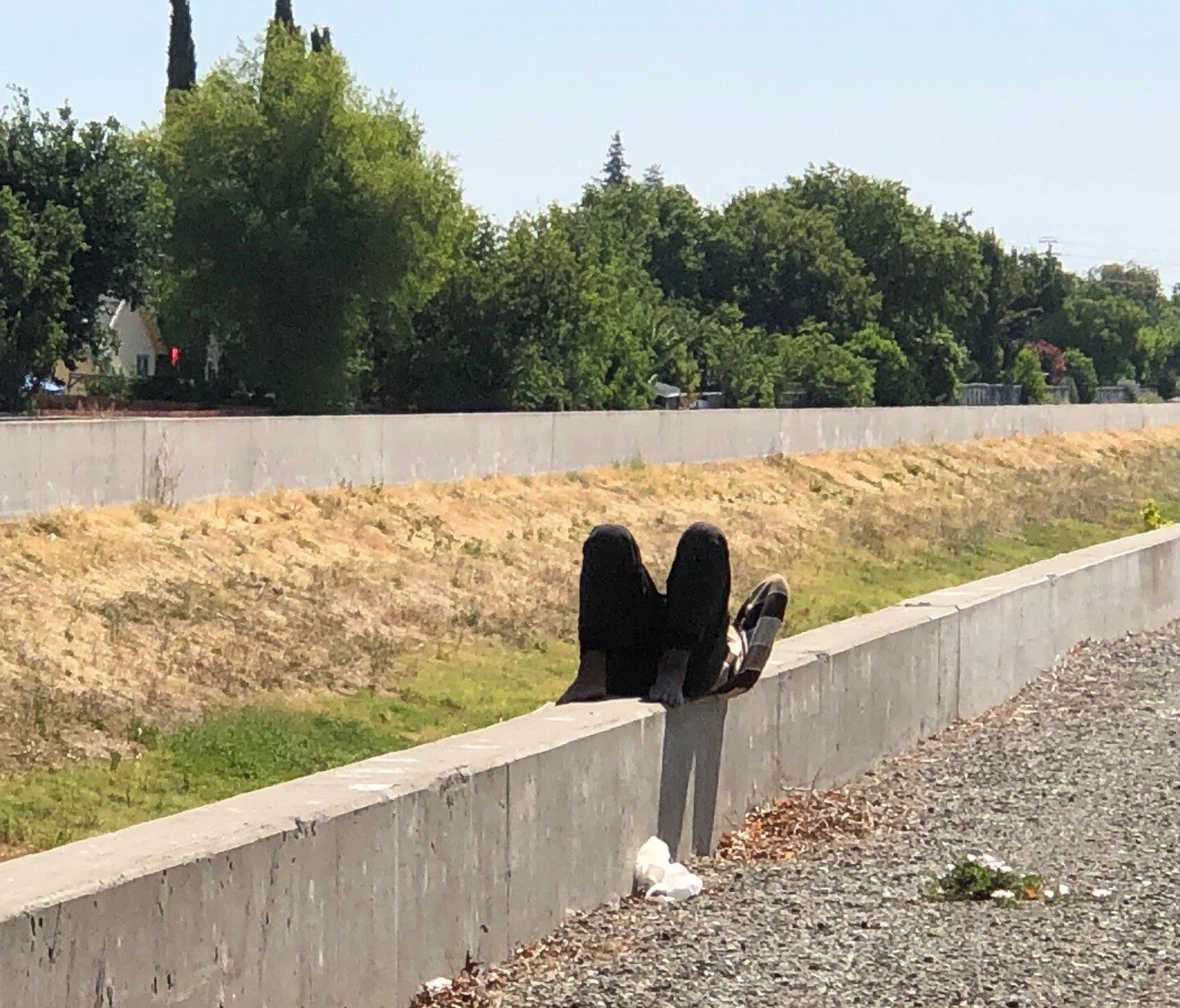City marks Earth Day with moves toward more electric cars, buildings
Sacramento (April 19, 2021) The City of Sacramento is taking substantive steps to combat climate change in the days leading up to Earth Day on Thursday, April 22.
On Tuesday, members of the City Council are scheduled to vote on an ordinance that will require at least 20 percent of parking spaces in most new non-residential and multi-family developments of less than four stories be equipped with vehicle chargers effective January 2023.
New multi-family projects of four stories or more would be required to include chargers at these same levels by January 2026.
The proposed ordinance also contains financial incentives for property owners in the form of reduced parking requirements for adding charger-equipped spaces or spaces for zero-emission carshare vehicles.
Mayor Darrell Steinberg noted that the electric charging requirements were one of a series recommendations made by the Mayors’ Commission on Climate Change he established with then-West Sacramento Mayor Christopher Cabaldon to enable the cities to achieve carbon neutrality by 2045.
“Transportation accounts for nearly 60 percent of greenhouse gas emissions in Sacramento, so promoting the use of electric and zero emission vehicles is crucial if we’re going to meet our goals,” Mayor Steinberg said. “Creating a built environment with a smaller climate footprint is one thing we as local leaders can do.”
Jennifer Venema, who leads the City’s climate change efforts, called the charging ordinance “our first big step to put community-wide decarbonization into action, advancing City Council’s direction to implement recommendations of the Mayors’ Commission on Climate Change.
“Importantly, we are taking a balanced approach – we are enacting both incentives and requirements, to get our new buildings ready for the EV fleet of the future, and ensure that no buildings or residents get left behind,” Venema said.
The charger ordinance will complement another proposed ordinance expected to go to the Law & Legislation Committee in early May and later that month to City Council. It will require all low-rise buildings permitted after Jan. 1, 2023 to run entirely on electric power. Limited exemptions would be provided for manufacturing facilities, cooking equipment in restaurants and regulated affordable housing when SMUD virtual net metering billing plans are not available.
Taller buildings would be required to go all-electric by 2026, giving them more time to adjust to the challenges of installing electrical equipment needed to serve high-rise structures.
SMUD has already worked with about two dozen homebuilders, providing incentives for construction of all-electric smart homes in its territory. They run the gamut from the sleek urban townhomes built by Next Generation Capital at 14th and C streets to more traditional single family suburban homes in North Natomas being built by DR Horton.
Electricity is a cleaner power source than natural gas, and in California, it’s getting cleaner all the time. SB 100 requires 100 percent of electricity in the state to be produced from renewable sources by 2045. Today, 50 percent of the Sacramento Municipal Utility District’s power comes from renewable sources such as solar and wind. SMUD has committed to achieving carbon neutrality by 2040.
Learn more about the City’s climate action efforts at cityofsacramento.org/climateaction.
Here’s how you can participate in the City’s Earth Day efforts, including a City-wide trash cleanup on Saturday, April 24. Events require registration in advance.
I





